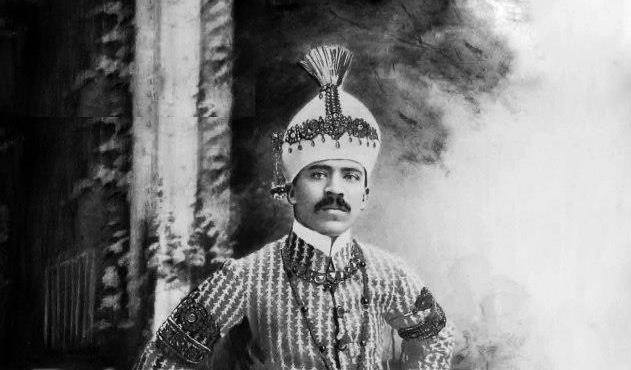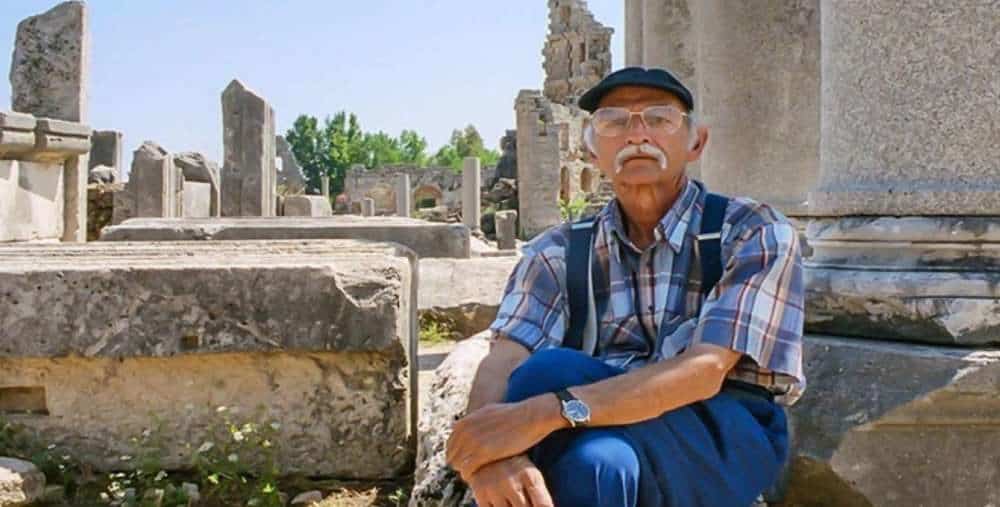London: The high court of England and Wales on Wednesday ruled in favour of India and the two grandsons of the former Nizam of Hyderabad—Prince Mukarram Jah and Prince Muffakham Jah–whose £1 million were deposited in a London bank during the crucial days of Operation Polo in 1948. That money has now grown to over Rs 308 crore. (35 Million GBP)
The historic case has gone through various stages with India and Mukarram Jah and Muffakham Jah on one side and Pakistan on the other. Pakistan had claimed that since money was deposited by its high commissioner in the bank it was its legal heir.
The story goes somewhat like this: Hyderabad State’s Finance Minister Moin Nawaz Jung had gone to Britain with over one million pounds to pursue the case of ‘independence’ of Hyderabad State with the United Nations. By the time he reached London, India had already annexed Hyderabad State through Operation Polo or Police Action. Moin Nawaz Jung was in a fix about the safety of the money he had. He consulted with Pakistan’s High Commissioner in London Habib Ibrahim Rahmatoolah who deposited the money in National Westminister Bank in his own name. It got automatically transferred in the name of the country he was representing at that time.

Prince Mukarram Jah 
Prince Muffakham Jah
It was generally believed that the money was sent by the Nizam to purchase arms as his country was facing an imminent threat from the Indian Union. But the Nizam maintained that the money was for safekeeping, not the purchase of arms.
Now that it has been ruled that the money belongs to India and the two grandsons of the Nizam, the next phase of the dispute is imminent. Even if India hands over half of the amount to the two princes, their extended family would lay claim to the money. Some of the descendants of Nizam’s family have already laid claim to the money and appointed lawyers to fight the case on their behalf.
According to one family source, the lawyers of Prince Mukarram Jah and Prince Muffakham Jah would enter into negations with the lawyers of the other claimants. Najaf Ali Khan, one of the grandsons of the Nizam, said that he would be representing the interests of 120 family members of the late ruler. There are reports that other groups in the family are also getting ready for another round of ‘battle royal.’
Meanwhile, reports from London said that the 166-page judgment by Justice Marcus Smith sets out the history of the dispute, from India’s ‘Operation Polo’ to annex Hyderabad and later developments that include the Nizam in 1965 ‘assigning’ the President of India the claim to the money in London.
The judge said, “Although the Government of Hyderabad was involved in the purchase of weapons in order to resist what Nizam VII saw as attempts by India forcibly to annex Hyderabad, and although the Second Account was used to pay for some of these weapons, I do not consider that the Transfer had anything to do with the purchase of weapons or the compensation of Pakistan (in any way) for the purchase of weapons”.
“(It) is appropriate to record that the Nizam’s successor in title can be no-one other than the Princes or India…I have seen no hint of the possibility of any further claimant to the Fund, beyond the Princes and India.
“In these circumstances, Nizam VII was beneficially entitled to the Fund and those claiming in right of Nizam VII – the Princes and India – are entitled to have the sum paid out to their order. I will leave it to the parties to frame an appropriate form of order for my approval”.
Paul Hewitt, a partner in law firm Withers LLP, who acted for the VIII Nizam since Pakistan issued proceedings in 2013, reportedly said: “We are delighted that today’s judgment recognises…the VIII Nizam’s rights to funds which have been in dispute since 1948”.
“Mr Justice Smith’s judgment covers a complex historical and legal set of issues, interpreting facts and events that occurred 70 years ago to establish that the funds, which now amount to £35 million, were always held in trust for our client’s grandfather, the VII Nizam”.
“Our client was still a child when the dispute first arose and is now in his 80s. It is a great relief to see this dispute finally resolved in his lifetime.”
The judge rejected Pakistan’s claims of illegality on India’s part. Pakistan had alleged that India’s annexation of Hyderabad was unlawful and that it followed that India and the princes should be barred from any claim to the fund.
India argued that the question of whether India’s annexation of Hyderabad was lawful was irrelevant to the question of ownership of the fund. The judge concluded that India’s submission was well-founded and that even if there were illegality of the nature alleged by Pakistan (the judge has not made any findings on that issue), any such illegality would, in any case, be irrelevant to the claim, reports emanating from London said.



